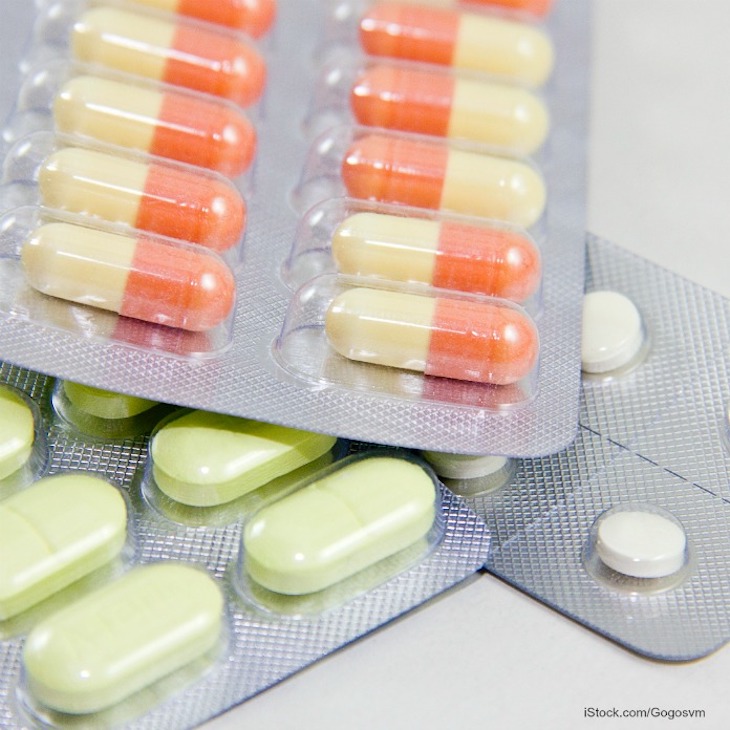A new study, published in Israel and published in the Lancet Infectious Diseases journal, found that increased use of antibiotics in certain neighborhoods is associated with an increased risk of acquiring an antibiotic-resistant infection. The scientists looked at fluoroquinolone-resistant E. coli bacteria found in urine cultures of Israelis in more than 1700 neighborhoods.

The authors say that this may mean that individual personal consumption of antibiotics isn’t the only way that antibiotic resistance is being spread. There may be a selective mechanism for resistance at the community level too.
The researchers collected medical records and demographic date on 2.4 million patients, and analyzed almost 5 million urine-culture specimens sent to Clalit Health Services from 2010 through 2014. They found that increasing consumption of fluoroquinolones in a given area was associated with increased risk of fluoroquinolone-susceptible urinary E. coli infections. This association was independent of other risk factors including age and previous hospitalizations.
However, personal antibiotics use is the most important factor in antibiotic resistance development. Personal fluoroquinolone consumption accounted for 46% of the cases of fluoroquinolone-resistant E. coli in women, while the neighborhood consumption accounted for 25%.
The scientists hypothesized that more crowded living conditions and the increased contact between people living in those neighborhoods could be a factor in the resistance development. That could increase the opportunity for cross-transmission of resistant bacteria in people’s guts. Antibiotics kill the sensitive bacteria in the intestines, which lets the resistant bacteria multiply and spread.
It may also be that antibiotics are not completely digested. If they escape into the environment, they can increase bacterial resistance. A study from the United Nations Environmental Programme found that up to 80% of antibiotics are excreted unmetabolized through urine and feces; resistant bacteria are also excreted. Even tiny amounts of antibiotics in streams and rivers can affect resistance.
The scientists concluded by stating that these findings emphasize the need to avoid unnecessary antibiotic use. Antibiotic resistant bacteria is a public health issue and threat.




